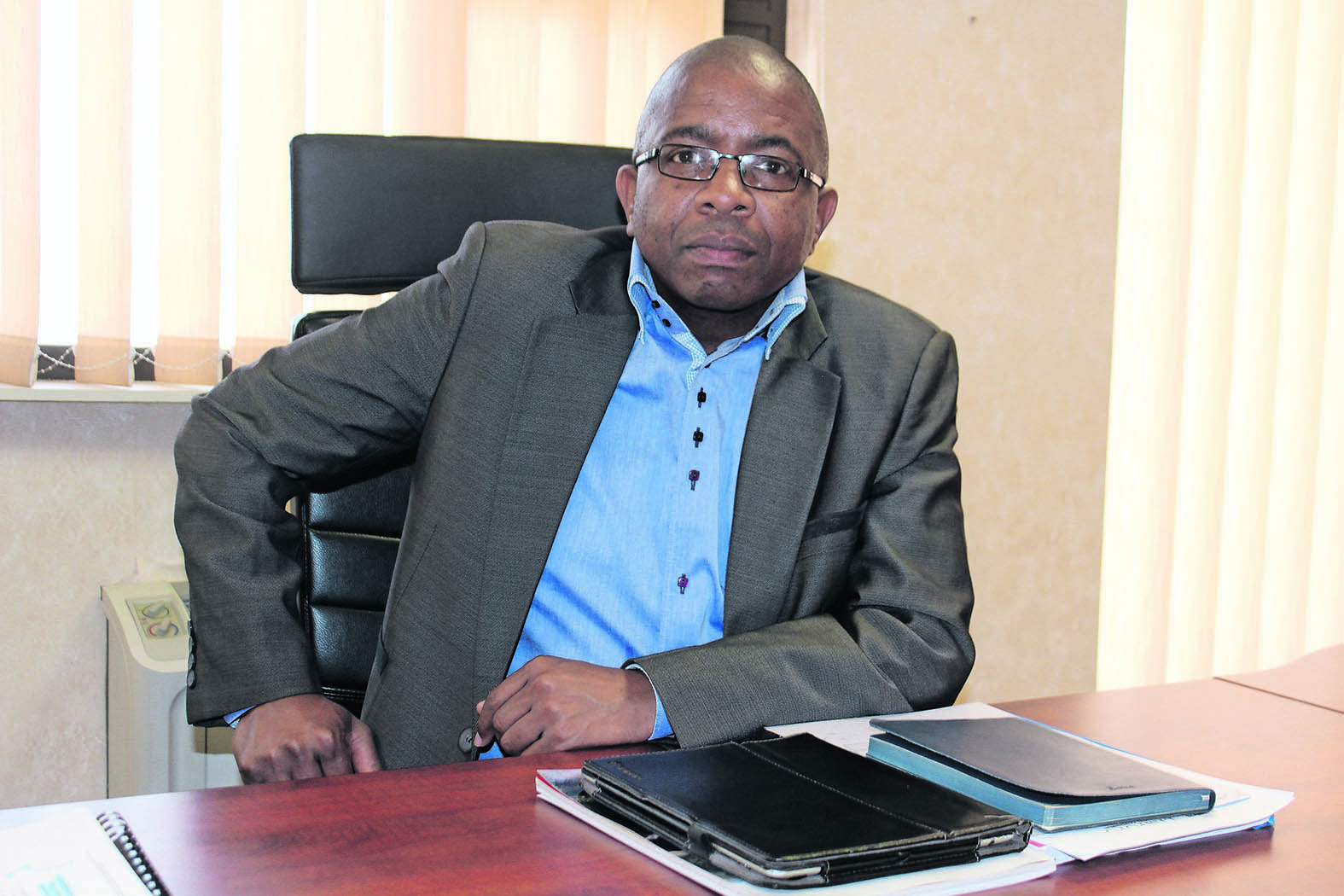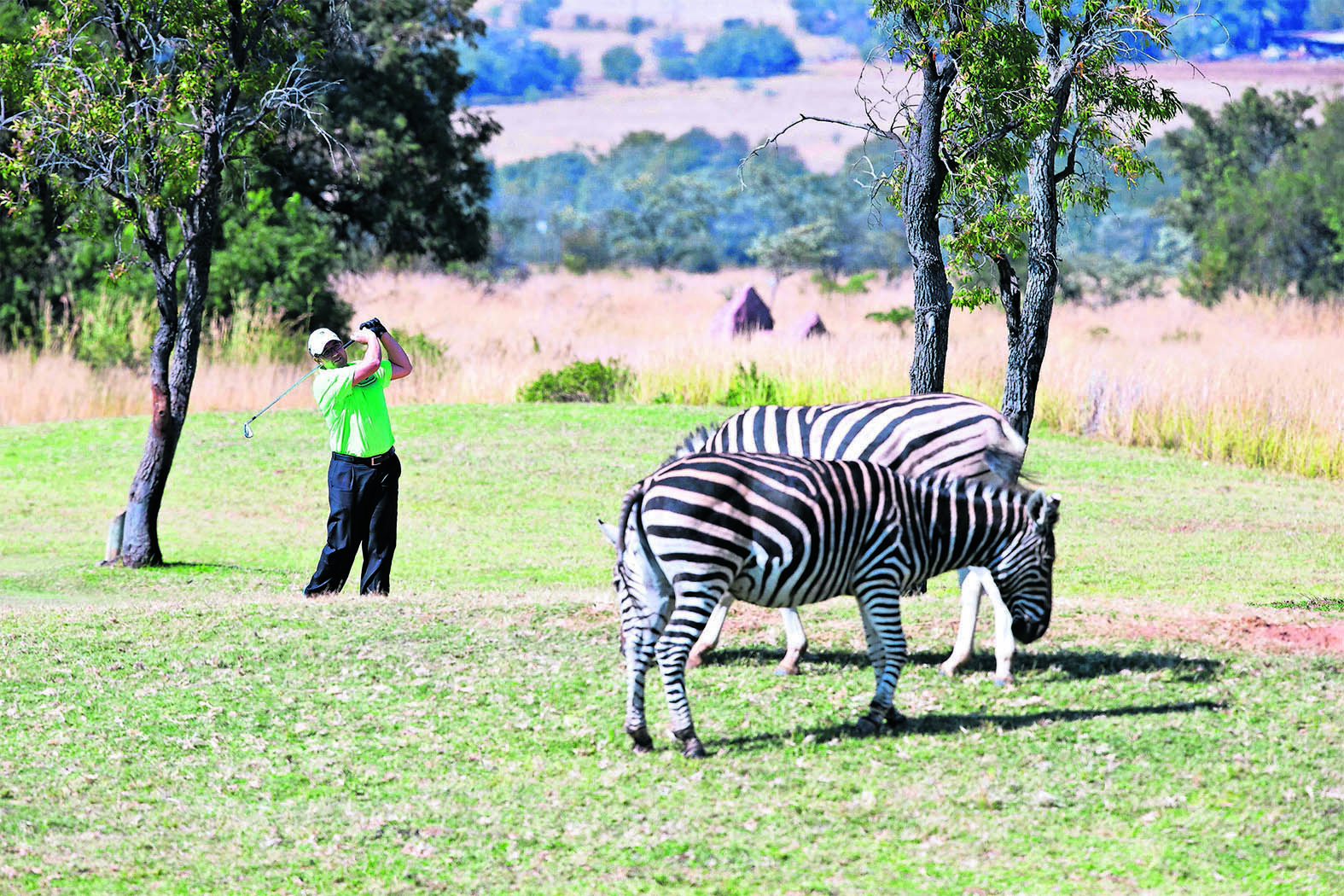The annual Limpopo Marula Festival has come and gone, but has left behind a positive legacy and economic spin-offs for the people of Phalaborwa, popularly known as the “City of Two Summers”.
This week, the Limpopo Tourism Agency (LTA) expressed satisfaction with the impact that the Ba-Phalaborwa Marula Festival was making throughout the province.
The municipality is the permanent host of the event, which draws people to this town from around the world.
In an interview this week, LTA chief executive Ndumiso Matlala said the recent 12th edition of the festival was the biggest ever held.

“It was clearly the biggest we have had and there is no doubt that this festival is growing as a brand beyond the borders of South Africa,” he said.
Wide-ranging benefits
Matlala said many people benefitted indirectly from the festival.
He said the event continued to have huge economic impact for Phalaborwa and surrounding areas worth at least R40-million.
He said as thousands flock to Phalaborwa for the festival, the growth of the festival poses challenges logistically not only to LTA but to sister departments.
This is because there must be capacity to accommodate people who visit the area.
“Supply must also meet demands,” he said. “Globally festivals are a big draw cards for bringing people beyond the border.”
He said a study by South African Tourism showed that globally festivals are important drawcards for tourists and boosting tourism.
“Some fly from America to Europe for jazz festivals,” he said.
He said during the festival, there were many businesses that experienced growth.
There are people who got jobs, both temporary and full-time.
“But for you to benefit directly from tourism, you must be in the tourism value chain, otherwise other people will benefit,” he said.
Matlala said tourists have an economic impact before they reach their destinations.
They use petrol stations, buy food and pay for toll gates, he explained.
“Tourism has a multiplier effect, meaning it is having an impact that is immeasurable,” he said.
The mere presence of tourists has an economic impact, says Matlala. “Government needs revenue and during the Marula festival government revenue is increased.”
As a result of the festival, there was an overflow of visitors into Phalaborwa, with people being accommodated as far as Tzaneen.
He said the LTA was not in the business of providing accommodation and called on the business community to seize opportunities.
“Identify opportunities, grab the investment that is provided by the tourism industry,” he said.
He admitted that it was not only the town of Phalaborwa that benefited from tourism growth. Townships like Lulekani and Namakgale have seen the effects, with bed and breakfast outlets mushrooming.
Matlala also said there was road infrastructure allowing easy access from countries such as Zimbabwe and Mozambique to Phalaborwa.
A variety of attractions
Matlala also explained that the LTA sponsors the Marula Golf Challenge as part of the Marula Festival as a way of attracting well-heeled visitors.
“We are sponsoring golf as part of promoting golf tourism, which is in our cluster. [The] Marula Festival presents us with the opportunity to promote golf to golfers from around the world.
“Unfortunately, the golf tournament in Phalaborwa is not yet as popular as the one in Waterberg but it is getting there. People involved in golf spend a lot of money and this is good for tourism.”

“Remember, golfers as tourists are big spenders,” he said.
He said the LTA was also promoting sports such as soccer and boxing as a way of promoting tourism.
“We will continue to identify other sporting codes that will give us that type of exposure,” he said.
The festival this year was packed to capacity, especially during the two open-air concerts (Youth Festival and Jazz Festival).
He said it was up to the business people to mobilise capital and build more accommodation.
The event has also catapulted Ba-Phalaborwa mayor Pule Shai onto the national stage.
He welcomed people from all around the country and beyond to the region.
There are communities that have claimed large portions of land, and the mayor encourages them to start tourist attractions. He said it is their private land, but they need to encouraged to take to tourism.
The agency hoped to encourage the growth of this industry.
“We have now communities that are ready to negotiate with SANParks and the government so that they embark on [growing] tourism,” he said.
Matlala said the highlight of this Marula Festival was the number of the people who attended the event.
“You see, when you see so many people supporting something, that gives one courage […] The numbers themselves tell the story as so many people were part of the festival this year.”